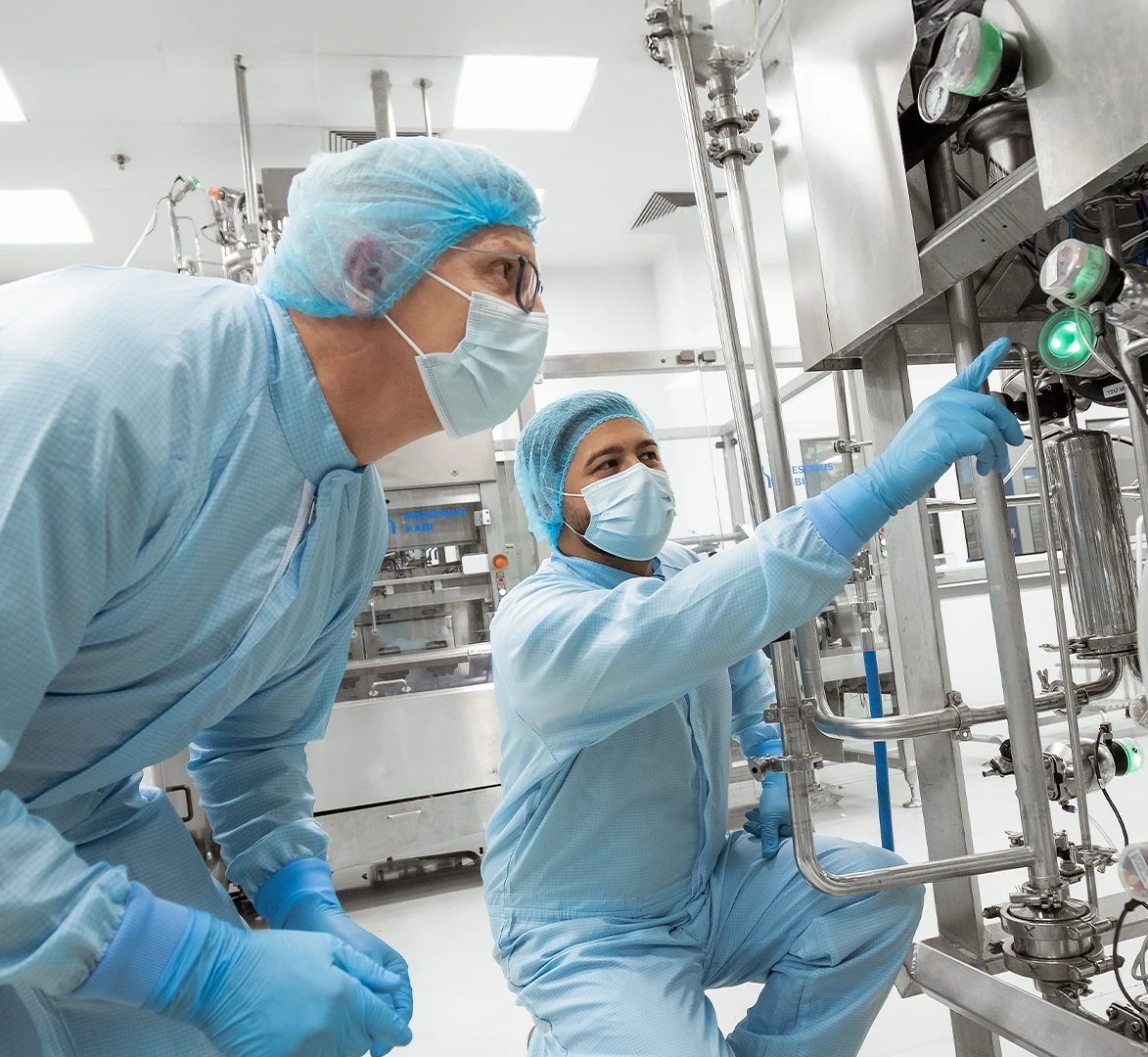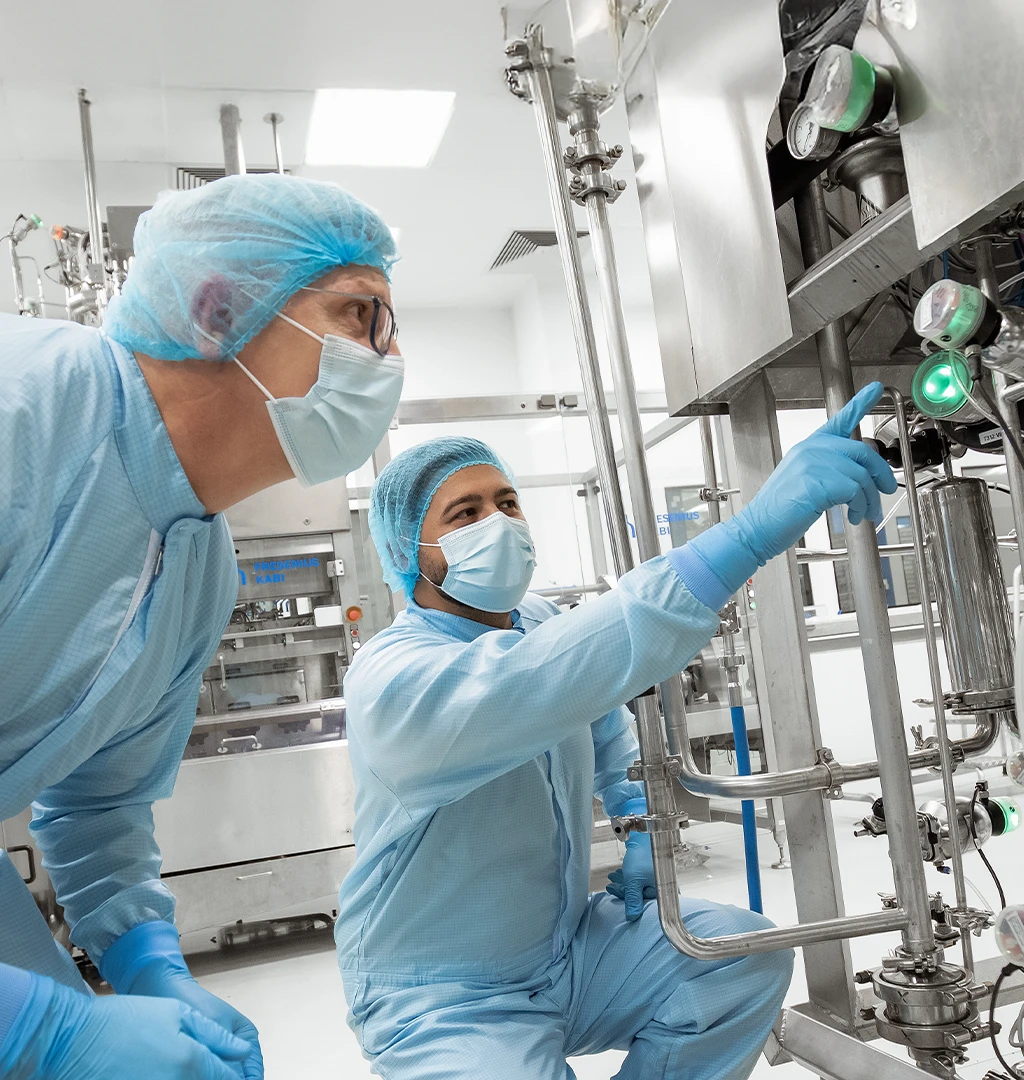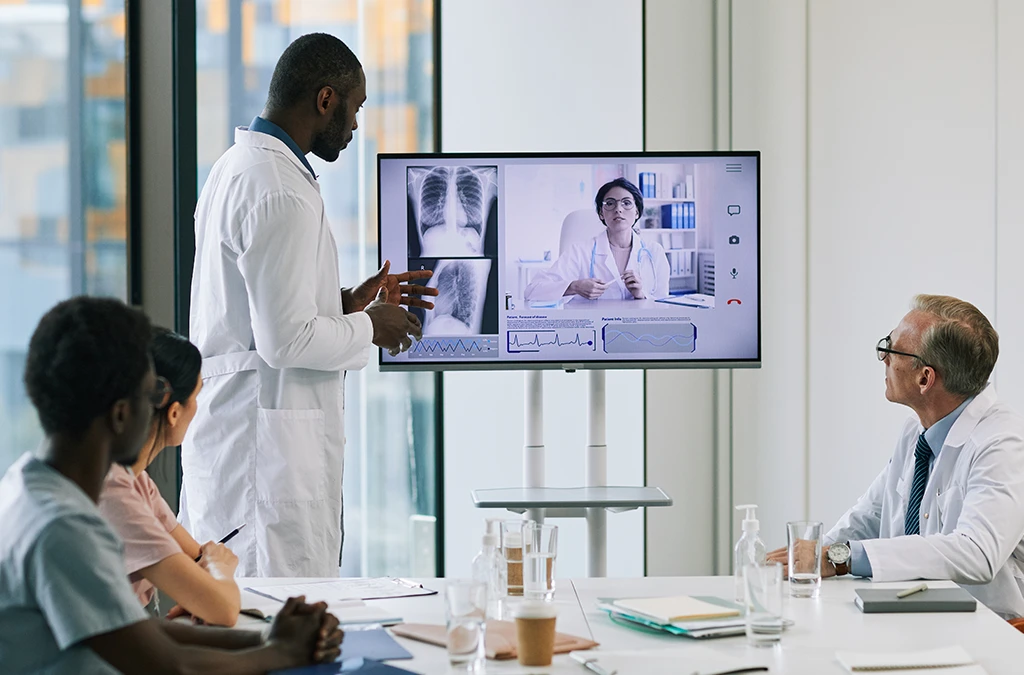Our mission is to save lives and improve the quality of life and health of patients. To achieve this, we provide access to affordable, innovative medical products and high-quality clinical care. We also create the right conditions for safely handling medicinal products.
We believe that therapies and health education must be equally accessible to all people – regardless of their age, income, ethnicity or level of education. It is our task to ensure security of supply – even in crisis situations. We have established strict quality and safety requirements for the operations and outcomes in our clinics and manufacturing facilities, in accordance with applicable laws and recognized frameworks.
We set out to make our treatments more successful by providing high-quality care. This can help to shorten our patients’ hospital stays, enhance their quality of life – and improve patient satisfaction.
In 2024:
We treated
26
millionpatients in our hospitals.
We served
450
millionpatients with our healthcare products.
What we do: Our activities at a glance
We provide a range of healthcare services in hospitals in Germany, Spain, and Colombia and supply high-quality medicines and medical devices for the global market – tailored to different healthcare systems and patients’ needs. In our healthcare products, we focus on generics and biosimilars, which are less expensive than original medicines and help to reduce the cost of treatment. This eases the burden on healthcare systems, since they do not have to spend as much on medicines – and relieves patients, who then pay less of their own share for treatment.
Stable healthcare – even in crisis situations
People should have unrestricted access to comprehensive medical care, even in unpredictable circumstances. We prepare not only for situations such as natural disasters or pandemic outbreaks, but also for technical failures. Back-up systems in our hospitals ensure that treatments can continue in the event of a power or water outage. Special plans define how we should act during an evacuation or a pandemic – and how we can rectify disruptions to our infrastructure. If our business operations are at risk, a crisis team consisting of permanent and ad-hoc members takes immediate actions to manage all measures for maintaining or resuming the processes affected.
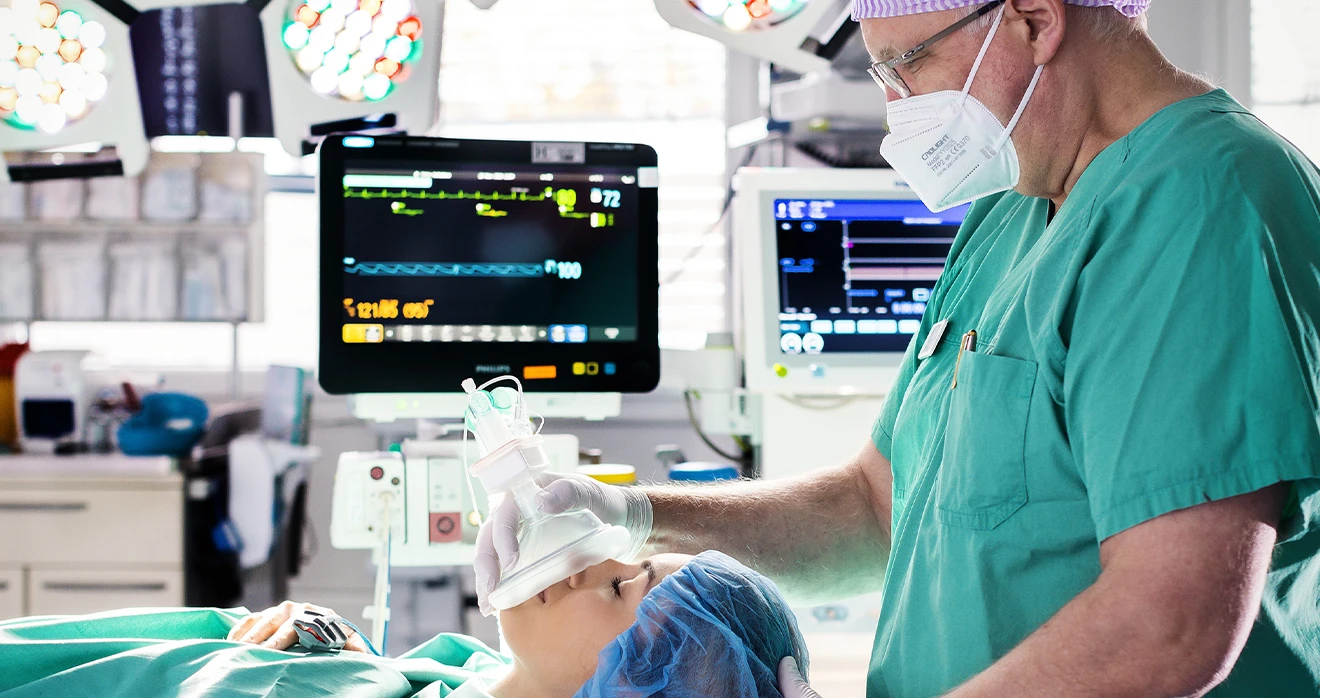
Well-connected clinics: Improving treatment outcomes, reducing costs
We pursue the approach of establishing regional care clusters, thereby promoting professional exchange across medical specialties and across our clinics. For this purpose, we combine certain services offered by individual hospitals, and work to improve quality by exchanging experiences and cooperating in matters such as the treatment of cancer or stroke. In this way, we can offer treatments that are cost- and personnel-intensive in a network of clinics. As a result, they do not have to be available at all locations individually.
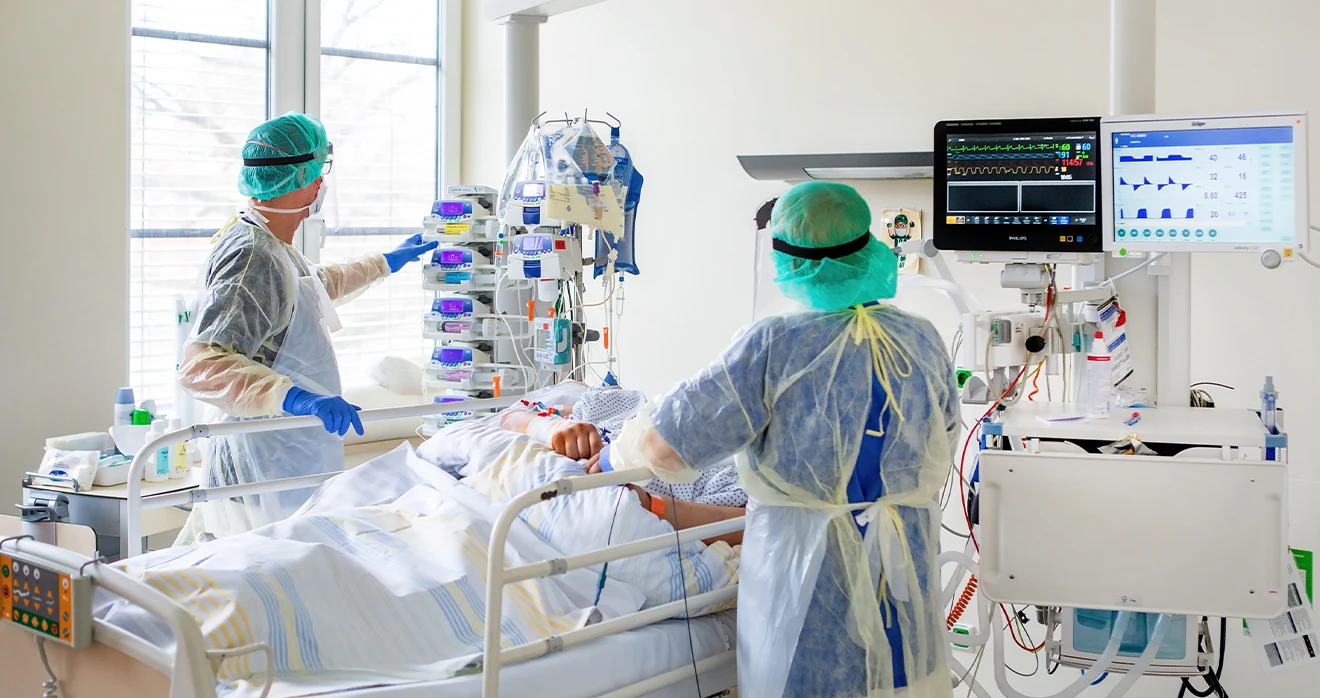
Nutrition makes a difference
We offer clinical nutrition tailored to the individual needs of, for example, chronically and seriously ill people. We also provide patients in our hospitals with a healthy, balanced diet, which can make a significant contribution to their recovery. Read our Highlight story: Nutrition – the key to human health to find out how we address nutrition as a health factor in our business segments.
How we live up to our high quality standards
We strive to continuously improve patient and product safety by implementing structured processes, training programs, and quality management systems. Our quality management helps us to minimize errors, increase the efficiency of our processes, and strengthen the trust of patients and customers. We also use it to address potential hazards.
Quality requirements – both for our healthcare facilities and the development, production, and distribution of pharmaceuticals and medical technology products – differ depending on the business activity. Our quality management systems are designed to meet these requirements and comply with specific internal and external standards.
We assess the quality of our products and services using indicators and defined targets.
Details on our goals can be found under Our sustainability ambition.
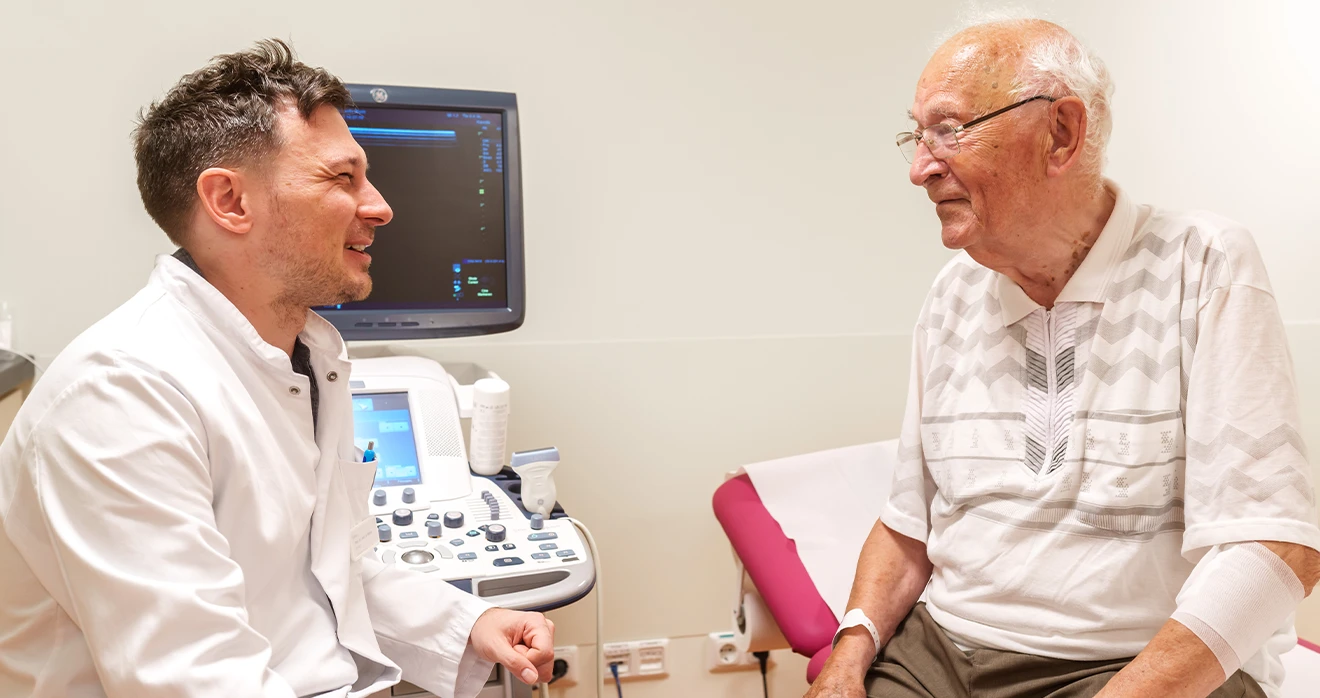
Constantly learning, and extending specialist knowledge
Our employees can only apply the latest medical standards and procedures – and thus ensure a high quality of treatment – if they are familiar with them. Therefore, they regularly attend online and on-site training courses, in which they receive further training on treatment procedures, patient safety, and hygiene management. Training in surgical procedures and crisis scenarios is even more hands-on: In our clinics and in three of our own simulation and emergency academies, doctors and nursing staff play through various situations that might occur during day and night shifts.
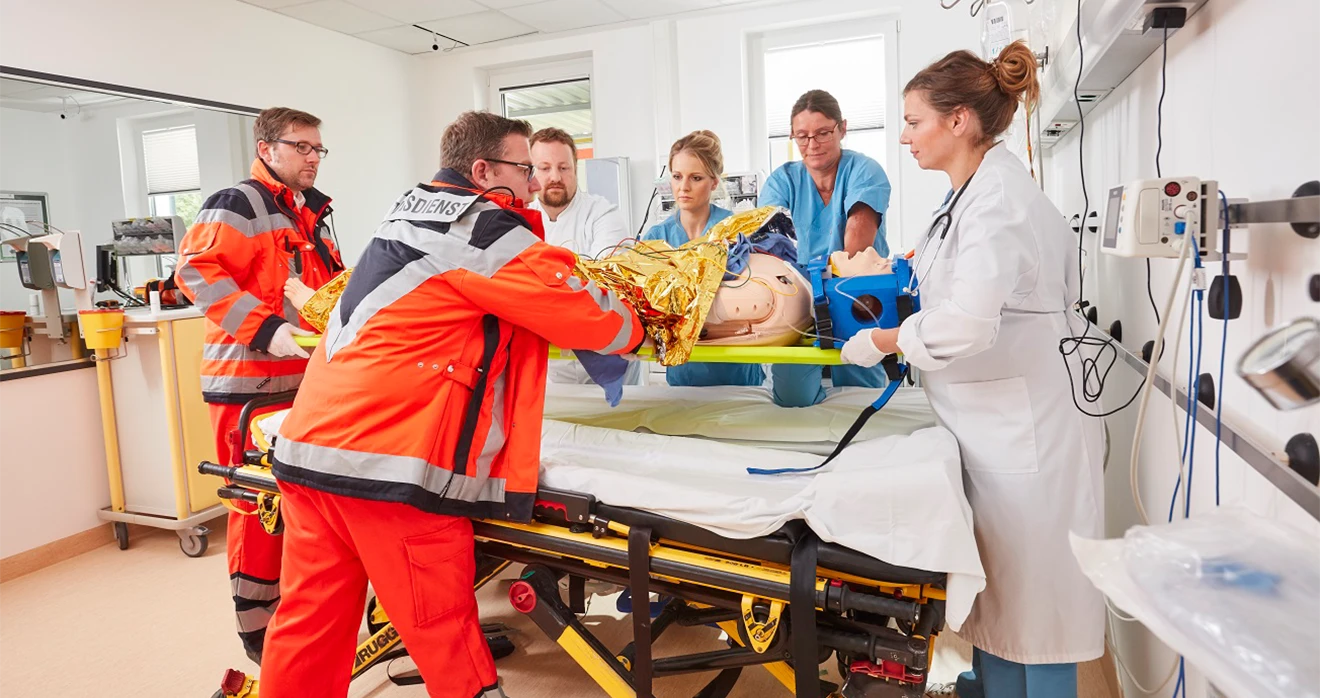
Find out more about the promotion of professional exchange at our Spanish hospitals in the Highlight story: Clinical sessions: Online training for clinical professionals.
Safety in our facilities
Everything we do is designed to help our patients recover, while providing them with the best possible treatment. For this reason, specialist staff carry out regular inspections in our healthcare facilities to minimize potential risks to patients. For example, we employ hygiene specialists and epidemiologists to prevent and contain infections caused by contact with germs.
Uncovering and learning from mistakes
If an incident occurs in one of our clinics, we will record it – whether or not anyone has been harmed. Employees must report all incidents; including dangerous situations and near misses. Our error management also includes investigating allegations of faulty treatment, whether justified or not. We record and evaluate adverse events in reporting and learning systems to identify and correct potential errors in our processes. We also conduct peer reviews – specific audits in the medical and nursing areas in which cases are discussed by experts. We also manage our own liability cases so that we can learn from our mistakes and improve for the future.
Well prepared for the operating room – a new approach to sobriety
“Before surgery involving anesthesia or sedation: the more sober you are, the better it is.” This belief is still widespread. As a result, patients abstain from drinking for more than 12 hours before an operation and become dehydrated: This not only causes discomfort but can also lead to serious complications. Helios has developed a three-stage traffic-light system with so-called sobriety cards. These take into account the individual patient’s state of health and are given to the patient before surgery. The sobriety concept was awarded second place in the German Patient Safety Award 2024 from the Patient Safety Action Alliance.
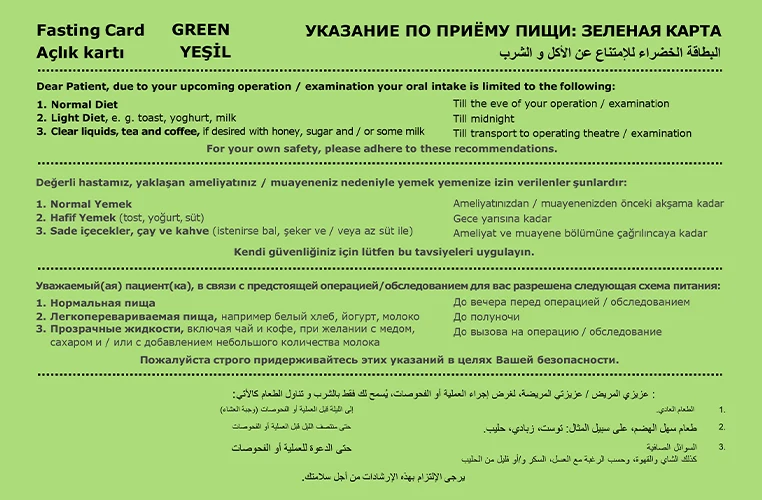
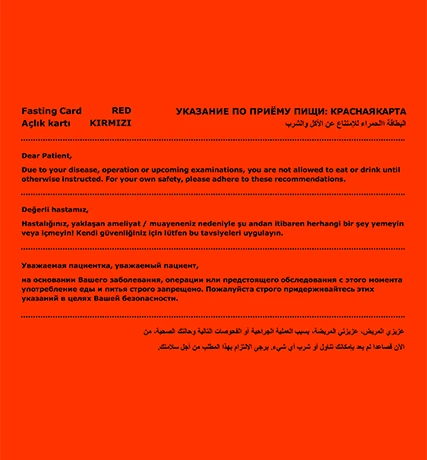
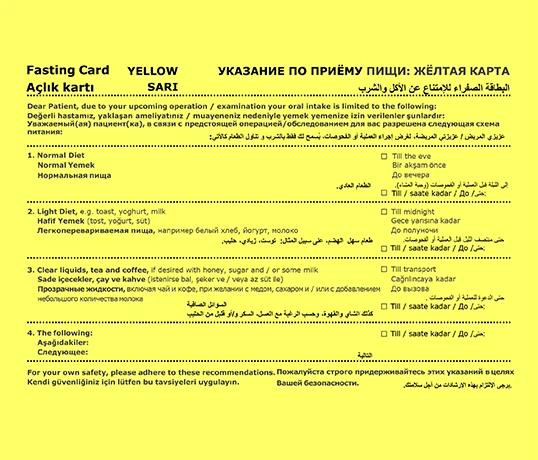
Green: Clear beverages allowed until just before the surgery. Yellow: Individual instructions. Red: Do not eat or drink anything from now on.
Recording and immediately reporting side effects
Side effects after taking medication can never be completely ruled out, as different bodies often react in different ways. At the same time, the benefits of a medicine must always outweigh the risk of adverse reactions or events. For this reason, we monitor the effects of medicines: Fresenius Kabi observes the risk-benefit ratio of products according to defined processes, recognizes changes at an early stage, and can react in time. The business segment forwards reports of side effects directly to the authorities and informs the public and customers via defined channels.


